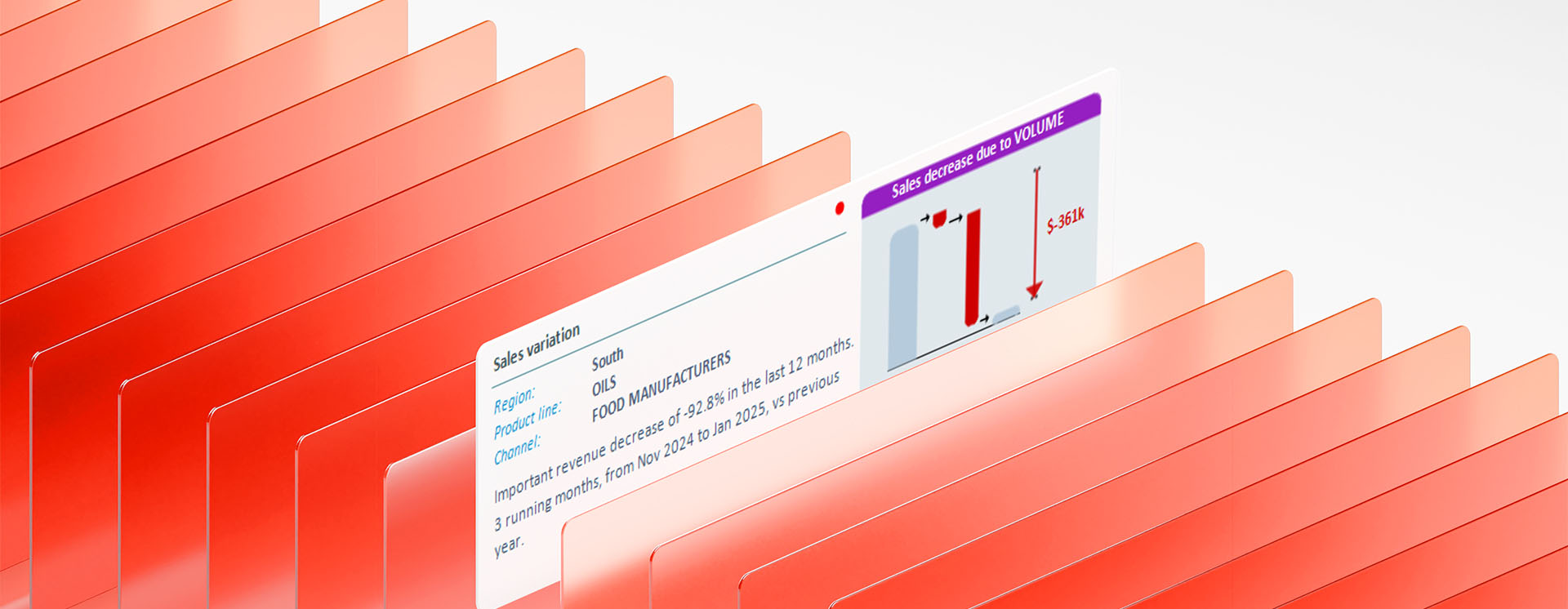Every week, I meet leaders who tell me the same thing: they aresurrounded by data, but they often don't know how to use it to make betterdecisions.
The paradox is clear: companies are drowning in information, yetexecutives often rely on instinct rather than structured insight. This is whereartificial intelligence, used wisely, changes the game. It is not about hype orflashy tools; it is about clarity, foresight, and the ability to make smartermoves.For years, the conversation about AI wascentered on automation and reducing expenses.
Today, the narrative has shifted.A Morgan Stanley study shows that U.S. AIadoption could generate 920 billion dollars in annual savings. At the sametime, AI has the potential to unlock between 13 and 16 trillion dollars invalue for S&P 500 companies.
